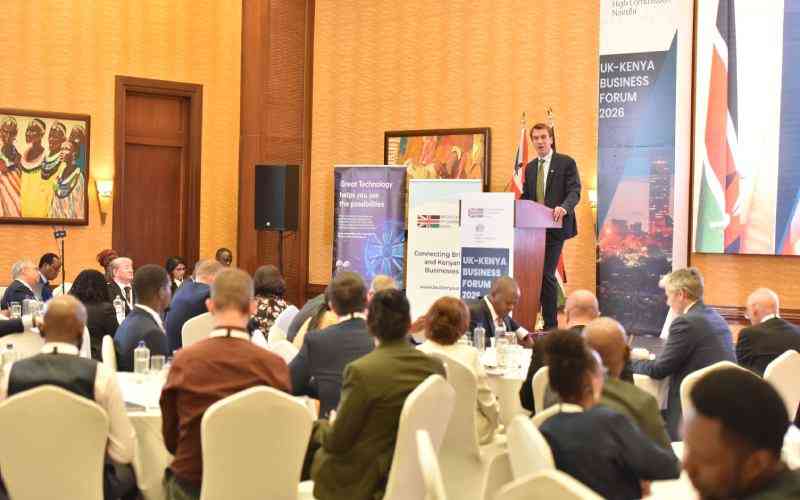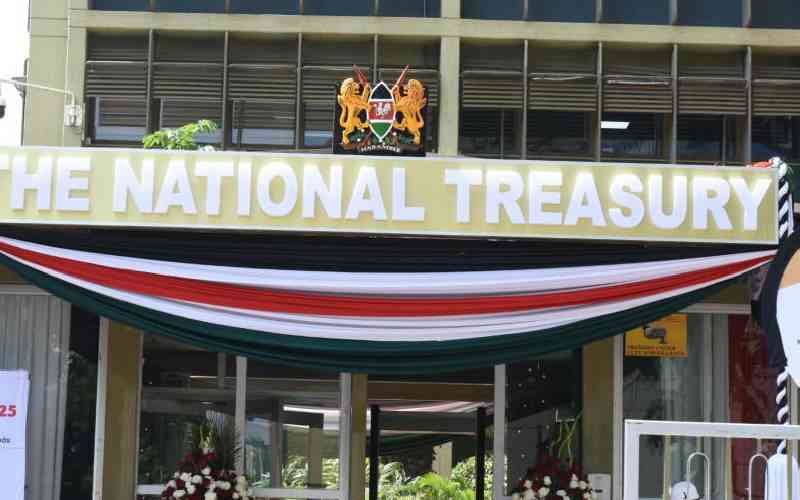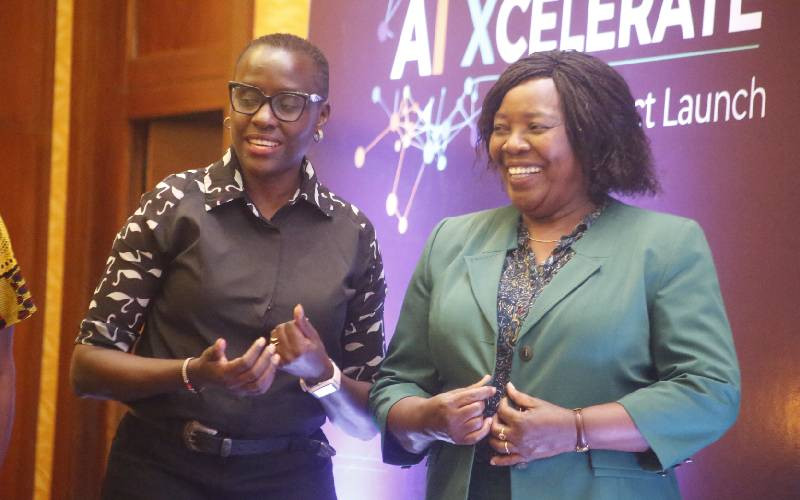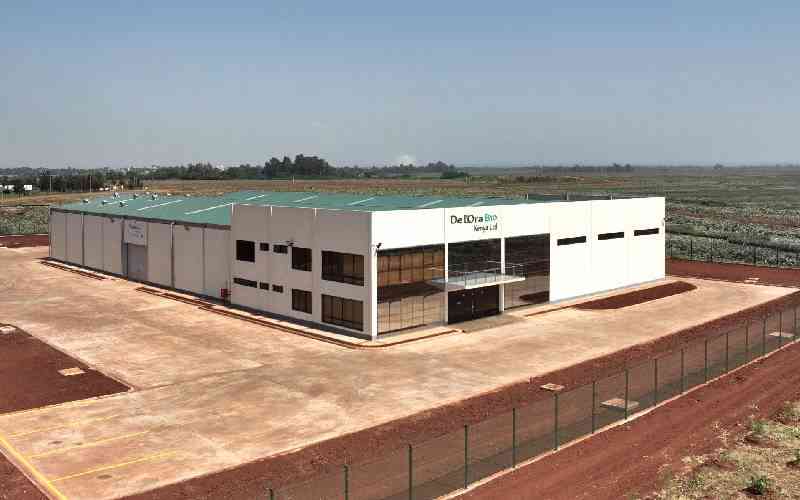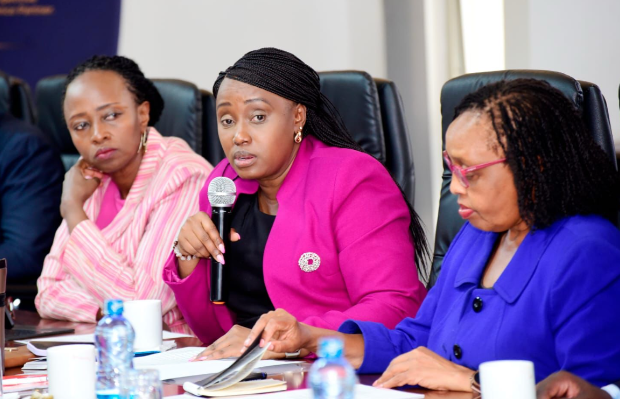×
The Standard e-Paper
Kenya’s Boldest Voice

The Social Health Authority (SHA) has said it entered into a special arrangement with the government to receive ongoing collections for the new medical scheme through a pay bill number for three months before reverting to the sanctioned e-Citizen.
SHA acting Chief Executive Officer (CEO) Robert Ingasira says the authority has collected at least Sh14 billion in the past two and a half months, an amount expected to increase with the ongoing enrolment of more Kenyans into the scheme.
